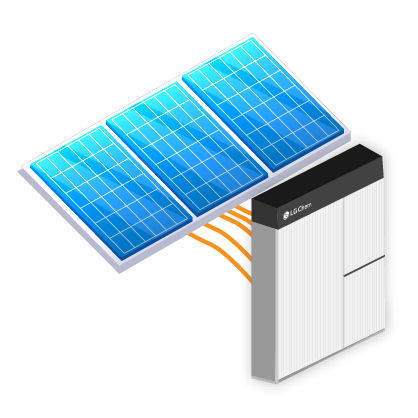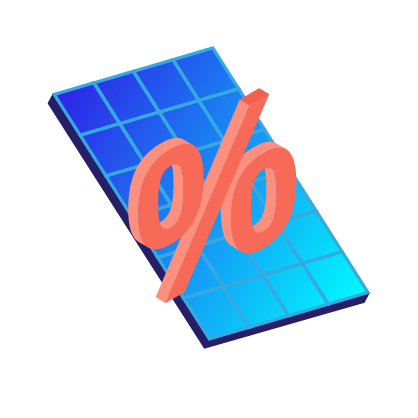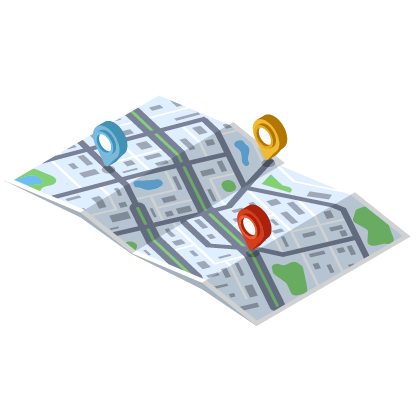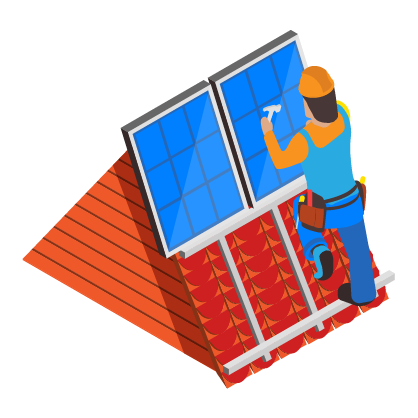Why “Falling Back” is Bad for Solar
With daylight savings recently ending, it is that time of year again to reflect on why “falling back” is a really bad idea. In the United States, daylight savings time (DST) was first formally adopted in WWI and again in WWII to save fuel and eventually mandated in all states in 1966. The economy and our energy needs have changed drastically since then. Contemporary studies about the energy-saving effects of DST have been mixed, with evidence suggesting that we use less energy on lighting but more on A/C. These studies fail to account for the ever-increasing deployment of solar energy modules around the world.
One of the biggest issues with the mass adoption of solar photovoltaics is the mismatched solar energy production with grid demand. If daylight savings time was year-round, solar energy production would be more aligned with peak-demand because the sun would be out later in the day when energy demand is higher. The duck curve below highlights the increasing importance of when solar production is highest. The more we can shift the curve to the right during the winter when DST is not in effect, the more solar energy is produced during demand hours.
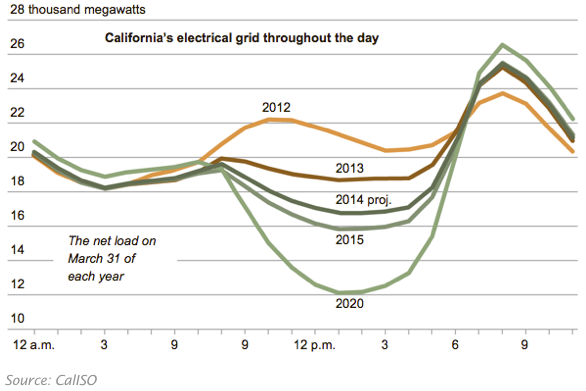
When the sun is out “later” in the day as people come home from work and turn on their appliances, the sun will be powering the solar panels. Permanent DST would better facilitate the transition of energy sources for the evening electricity demand ramp up. This also means less demand for fossil fuel consuming electricity production during the evening ramp up, improving our air quality.
Unrelated to solar, with permanent DST workers get to leave work more often with some daylight still left. Studies have shown that when people leave work with the sun still out, they are more likely to socialize, purchase goods, watch less TV, and generally be more active. “Falling back” during the winter is an antiquated system that serves little purpose for the modern economy. It’s time we made daylight savings time year-round.



